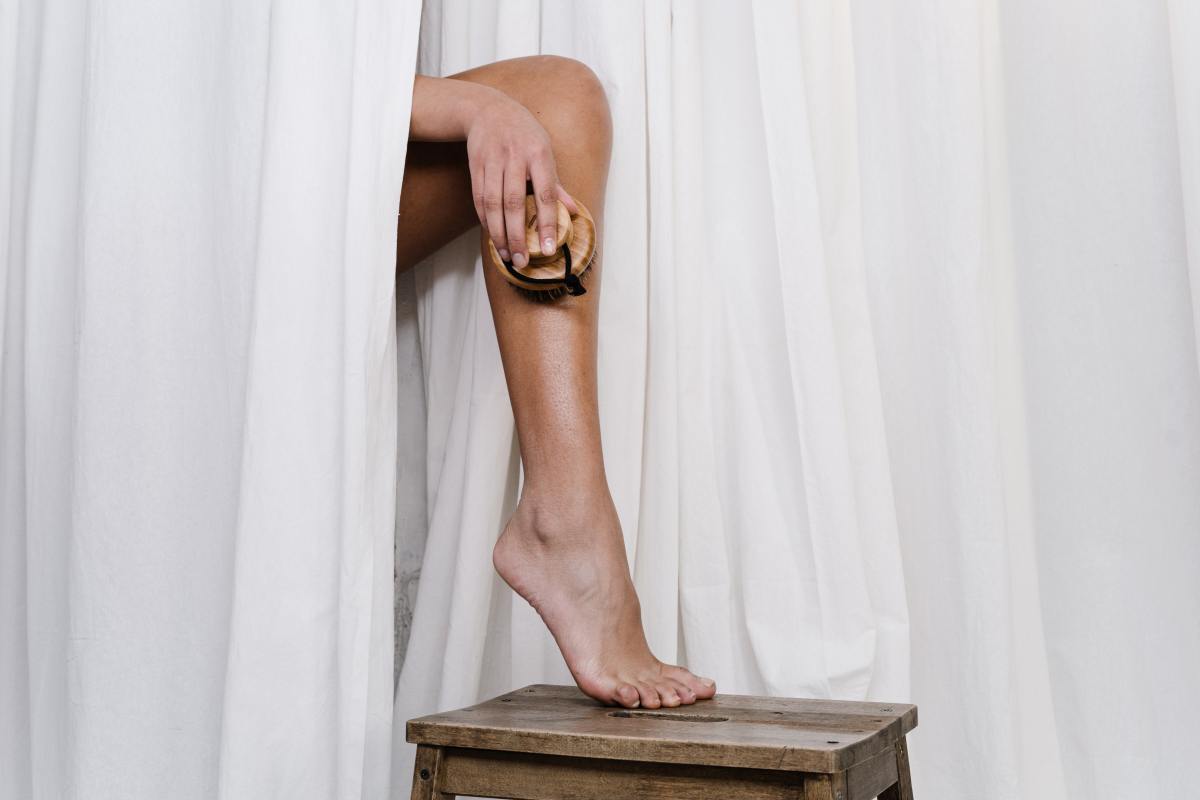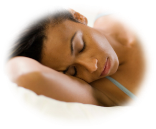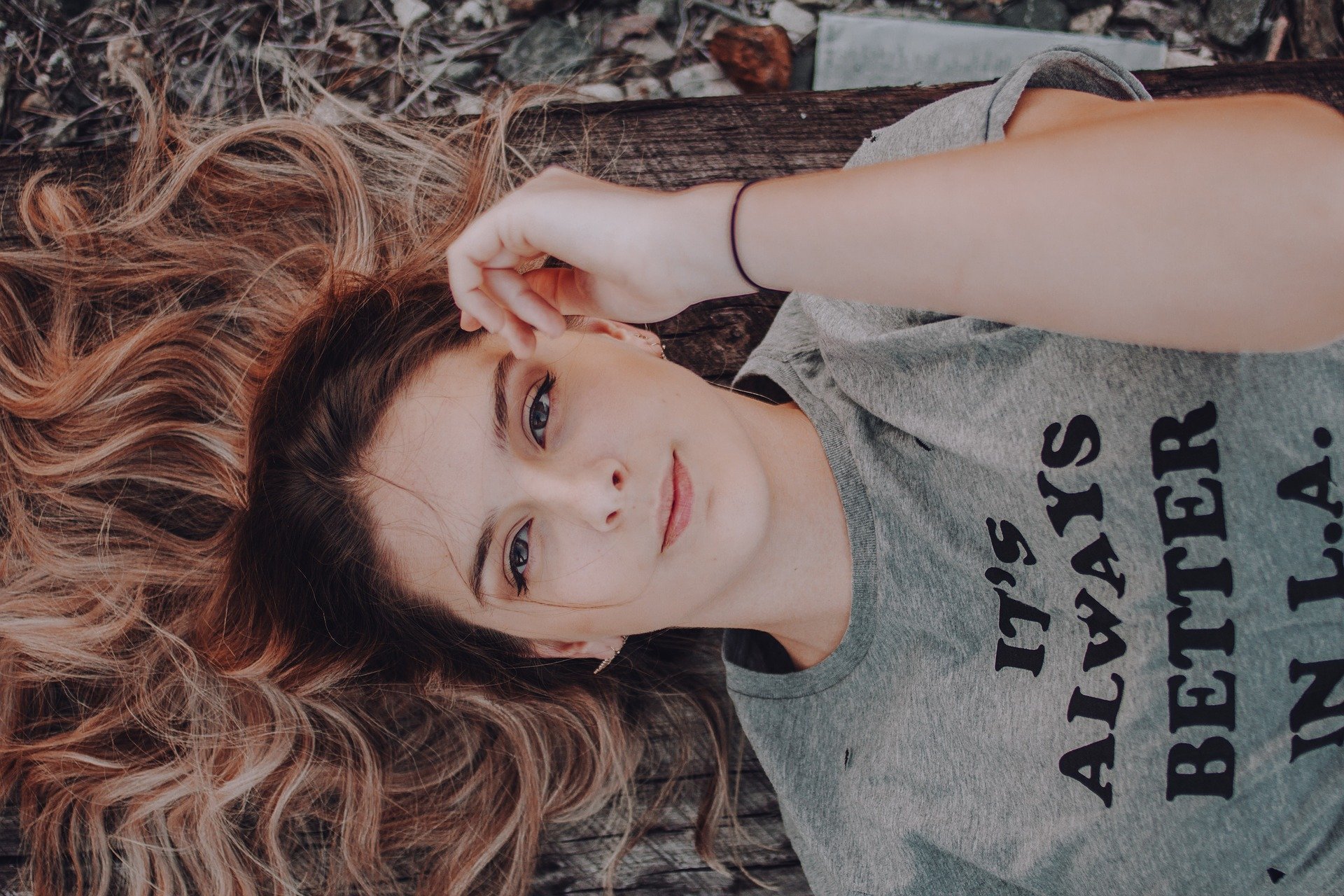Living in the time of COVID impacts us all, whether through stress, anxiety and lack of sleep.
Add to that shorter, darker, colder days and staying indoors will only add to our mental health burden. But did you know that stress and anxiety can also impact our skin health?
Whilst we know our skin doesn’t look at its best as autumn moves into winter, we might not be aware that stress, anxiety and lack of sleep add to the burden of poor skin health.
Consider both the DragonflyCBD skincare range and DragonflyCBD oil including New DragonflyCBD Oil with Vitamin D, to help you tackle autumn and winter stress and anxiety and to keep your skin in tip-top condition.
DragonflyCBD Oil is an increasingly popular food supplement, which can help with stress, anxiety and sleep issues whilst the Dragonfly CBD Skincare Range can help your skin stay at its best.
#1. How do shorter days affect your skin?
Whether we like it or not, the clocks are turning back and shorter, darker days are upon us. And whilst we all know that overexposure to the sun’s rays can be harmful to our skin, increasing the risk of skin cancers, skin ageing and wrinkles, did you know that the right balance of sunlight exposure can help some skin conditions?
In fact, The World Health Organisation (WHO) suggests that some (but not too much) sun exposure might help to treat some skin conditions, such as acne, eczema and psoriasis.
Staying inside, which we tend to do more of as the days shorten, and especially if we are working more at home, can impact our skin health in other ways.
The air indoors is often drier than the air out of doors. We heat the inside of our homes and offices and the air is recirculated resulting in a dry atmosphere, which can play havoc with our skin.
Working at home may also mean we don’t pay attention to our daily skincare routine, we have a tendency to eat less healthy food with more unhealthy snacks, leaving our skin, dry and lifeless and prone to pimples.

#2. How does stress and anxiety affect your skin?
Living with the stress and anxiety of COVID adds to the impact of spending more time indoors on our skin health. The relationships between stress, anxiety and skin health have been studied since ancient times. All the body’s organs respond to stress and as the largest organ in the body, the skin is not immune to the effects of stress.
The skin is highly innervated and the primary sensing organ for external stress. The receptors in the skin transmit stress signals to the brain. The brain responds to these signals, which in turn influence stress responses in the skin such as inflammation.
Stress exerts its effects on the skin mainly through the hypothalamus and pituitary (located in the brain) together with the adrenal glands (this is known as the hypothalamic-pituitary-adrenal – HPA axis).
Stress leads to increased production of the stress hormone cortisol which can also impact on the skin’s quality through increasing inflammation and destabilising the immune system. This can aggravate skin problems like acne and eczema.
DragonflyCBD Skincare Range can help with irritated and inflamed skin conditions.
If eczema, rashes and psoriasis are bothering you, then CBD could help.
Research is emerging however CBD’s anti-inflammatory properties could help skin issues from flaring up.
Whilst most research to date has focused on the impact of CBD in the endocannabinoid system in the central nervous system, research shows that endocannabinoid receptors are also located in the skin.
In fact, CBD works with the endocannabinoid system of the skin almost in harmony!
Research published this year has also identified a further biochemical target for CBD within the skin cells that could help explain CBD’s anti-inflammatory effects.

#3. Spots and acne
Stress has long been thought to impact on acne and this was confirmed for the first time in a well-controlled study in 2003.
In a sample of 22 university students, those with acne experienced worsening of the disease during examinations with changes in acne severity highly correlated with increasing stress.
A 2017 study looked at the effects of stress in female medical students between the ages of 22 and 24. The research found that higher levels of stress correlated with the severity of acne.
A South Korean population-based study examined factors that aggravate acne in 1236 people. They found that stress and lack of sleep were amongst the factors that make acne worse.
Although more research is needed, a study in The Journal of Clinical Investigation found that CBD prevented sebum-producing cells from creating too much of their oily sebum, a key trigger for acne.
This same study also revealed that CBD prevented acne-triggered inflammatory cytokines from being stimulated, and the less cytokines, the better!
This doesn’t just apply to the face, but body acne too. DragonflyCBD Body lotion 500mg can be used after a shower to give your skin a CBD hit!
#4. Dryness and wrinkles
Stress can also impact on the skin’s main function which is to act as a barrier preventing the penetration of micro-organisms and loss of water from the skin surface.
Poor skin barrier function can lead to loss of elasticity and hence wrinkles, dryness, inflammation and entry of infection through the skin surface to the rest of the body.
When your skin barrier is not working as it should your skin can become dry and itchy.
A study in 27 students with no skin disease evaluated the impacts of psychological stress on skin barrier function (i.e. the ability of the skin to heal itself).
Compared with a low-stress situation, in a high-stress situation the students experienced delayed recovery following reduced skin permeability caused by the application of cellophane tape.
The greatest deterioration in, and delay to return of, skin barrier function was observed in those students who experienced the most psychological stress.
This study demonstrates a clear link between stress and impaired skin barrier function which can precipitate skin inflammation.
A study in 25 healthy women found that interview stress delays skin barrier function recovery and increased cortisol levels and several inflammatory and immune factors.
The psychological stress of marital disruption has also been shown to have a negative impact on skin barrier recovery.
CBD oil (AKA cannabidiol) is an anti-inflammatory and antioxidant and can help to keep skin youthful, plump, and glowing when applied directly to the skin.
Research also shows CBD when applied topically can be a ‘wrinkle fighter’ thanks to its antioxidant properties.
As a result, CBD can fight off ageing by helping to protect cells from damage. These antioxidants can also reduce the signs of skin damage from the sun; a huge contributor to ageing.
Try New DragonflyCBD Face cream 300mg (£35 for 30ml) in the morning and before bed to give your face a helping hand. The cannabis sativa L used in the cream is grown organically and is quality controlled so you get the safest and most consistent CBD.
#5. Lack of sleep impacts skin health
A good night’s sleep is important for overall health as sleep is important for the growth and renewal of our body’s cells and organ systems.
Even one bad night’s sleep can play havoc with your skin. A study in which 40 observers were asked to rate 20 facial photographs for tiredness, facial cues and sadness.
The faces they were asked to rate were those who had slept normally or those who had a sleep-deprived night following only five hours sleep. The faces of sleep-deprived people were perceived as having more hanging eyelids, redder eyes, more swollen eyes, paler skin, more wrinkles/fine lines and more droopy corners to the mouth.
Another study involving 25 participants photographed after 2 days of sleep deprivation and their photographs rated by 122 people showed that sleep-deprived individuals were rated as less attractive, less healthy and sleepier.
Facial communication is important in everyday life so these signs of sleep deprivation can have important impacts on work and social life. In this study, the raters of the photographs said they would be less inclined to interact with sleep-deprived individuals.
Poor sleep can also impact on skin health and function causing premature ageing of the skin. A study in good sleepers (aged 30-48) and poor sleepers (aged 31-49) found that trans-epidermal water loss (TEWL), a measure to assess skin barrier function was higher in poor sleepers than good sleepers.
Following disruption of skin barrier function with tape, good sleepers showed greater recovery of skin barrier function than poor sleepers. Clinical signs of skin ageing (measured using the SCINEXA score) were significantly higher in poor sleepers than good sleepers with slightly more wrinkling, loss of skin elasticity and uneven skin pigmentation in poor sleepers.
There was also a difference in the recovery of the skin to ultraviolet B (UVB) light exposure in that good sleepers demonstrated a more efficient recovery from redness 48 hours after simulated solar radiation exposure than poor sleepers.
New research has shown that CBD could have a potential protective effect within the skin cells against the harmful effects of irradiation and environmental pollutants that lead to oxidative stress.

#6. The importance of sleep
So it’s important to get a good night’s sleep. Aim for 7-9 hours. Stick to your daily skincare routine. Eat a healthy diet, keep well hydrated and get plenty of exercises, outdoors if you can.
To improve your sleep time and quality and bust stress try a quality, seed to shelf CBD oil supplement such as Dragonfly CBD.
The World Health Organization (WHO) has recognised that CBD, such as Dragonfly CBD may have the potential to help with sleep issues.
Evidence of benefit in sleep is related to CBD having a calming effect in the central nervous system, mediated by CBD’s interaction with the CBD 1 and 2 receptors, amongst others.
A double-blind placebo-controlled trial in 70 healthy people found that CBD reduced the time to fall asleep and improved sleep efficiency. In a clinical trial involving 72 adult patients, CBD oil improved anxiety scores and sleep scores within the first month.
Acute administration of CBD has been shown to reduce resting blood pressure and the blood pressure increase to stress in humans, associated with increased heart rate.
Two systematic reviews of the scientific literature have suggested a benefit for CBD in anxiety.
